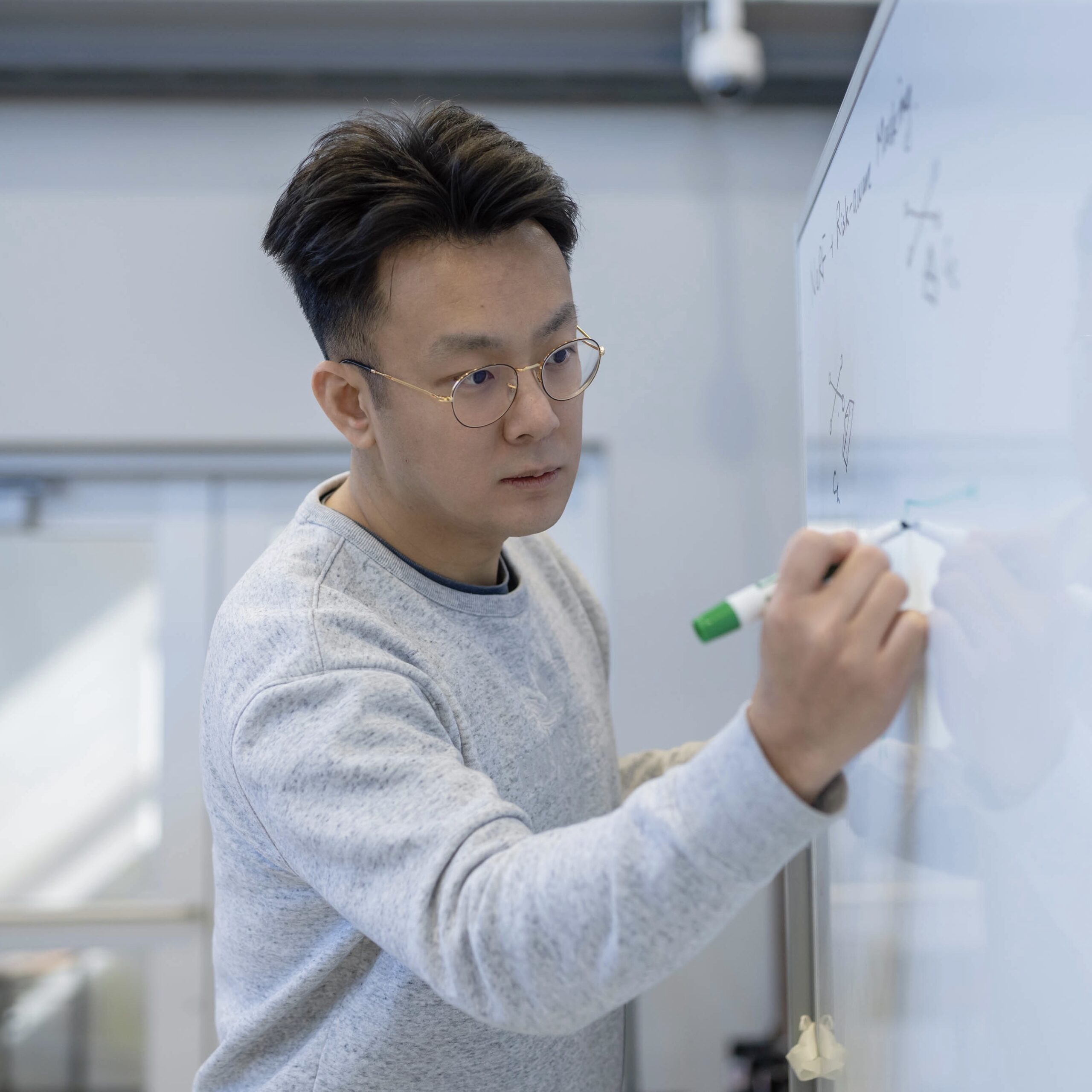
- This event has passed.
GRASP Seminar: Guangyi Liu, Lehigh University, “Towards Safe Learning and Perception-based Networked Control Systems: A Risk-aware Approach”
May 24, 2024 @ 11:00 am - 12:00 pm
*This seminar will be held in-person in Levine 512 as well as virtually via Zoom.
ABSTRACT
Networked control systems, address the collective behavior and coordination among interconnected entities, which is crucial in
fields like robotics, social networks, and distributed computing. However, applying theoretical constructs to real-world scenarios is challenging, especially in incorporating input noise and communication time-delay, which are vital for effective deployment in uncertain environments. A significant focus of ours is on investigating and mitigating cascading failures, where a single component’s failure can propagate through the network, threatening critical infrastructure. Additionally, we employ distributionally robust risk measures and optimization to enhance system robustness against ambiguous uncertainty when the noise statistics are unknown. Furthermore, we also explore real-world perception models to enhance robotic capabilities, including 3D scene understanding via Neural Radiance Fields (NeRF) models, traffic sign classification with risk-aware decision-making, and map classification by communicating aerial robots, thereby examining the impact of uncertainties on the safety
and efficacy of autonomous systems.

